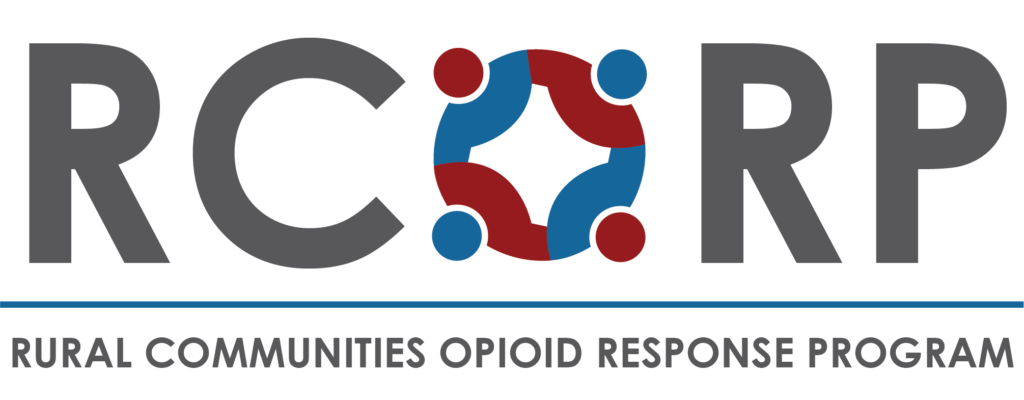Explore a research article about US Single State Agency perceptions of state level support for recovery housing.
ABSTRACT: “Single State Agencies (SSAs) are responsible for managing the publicly funded alcohol and other drug prevention, treatment, and recovery service system. Recovery housing (RH) is an important recovery support service (RSS) for individuals experiencing substance use disorder (SUD). Despite its effectiveness, information on state utilization and support is limited. To assess state-level support for RH and its incorporation within the SSA-managed SUD service systems, we administered a survey with SSAs in the 50 United States and the District of Columbia. In total, 48 out of the 51 SSAs responded, yielding a 94% response rate. Findings indicate strong state-level support for RH in terms of it being an integral RSS (98%), part of state-level strategic plans (73%) and prioritized for funding (87.5%). States are making progress to formalize RH with 68% reporting RH had been defined formally or within their agency. However, activities around understanding the capacity and need for RH are limited, with 44% indicating a needs assessment had not been conducted. At the same time, states perceive RH as a priority RSS, with growing recognition of its positive impact on long-term SUD recovery. This research identifies the opportunities for stakeholders to further evolve and expand RH at the federal, state, and local levels.”

